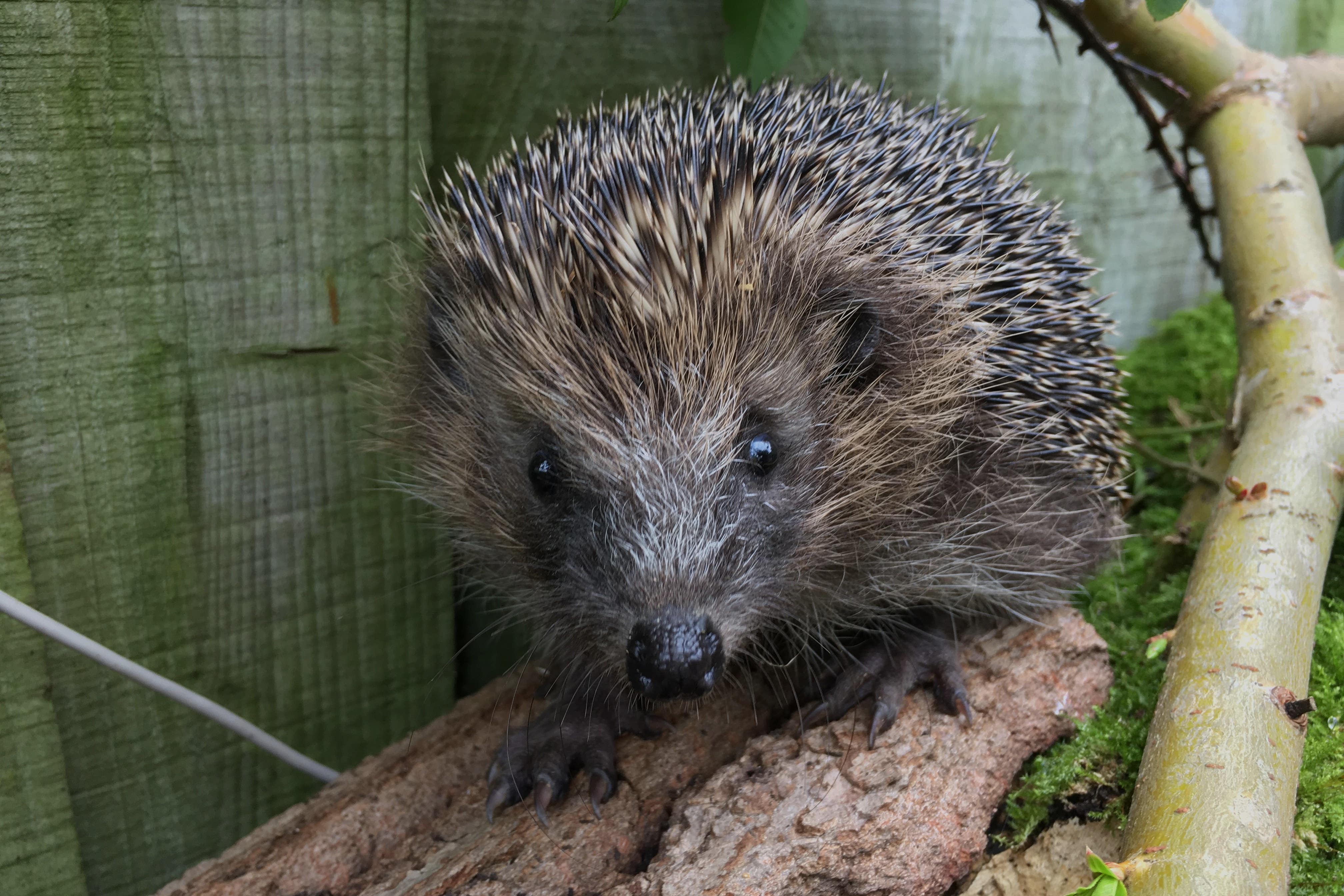National conservation strategy launched to halt declining hedgehog numbers
Wildlife groups published the plan in response to findings that numbers have plummeted in rural areas since 2000.

Your support helps us to tell the story
From reproductive rights to climate change to Big Tech, The Independent is on the ground when the story is developing. Whether it's investigating the financials of Elon Musk's pro-Trump PAC or producing our latest documentary, 'The A Word', which shines a light on the American women fighting for reproductive rights, we know how important it is to parse out the facts from the messaging.
At such a critical moment in US history, we need reporters on the ground. Your donation allows us to keep sending journalists to speak to both sides of the story.
The Independent is trusted by Americans across the entire political spectrum. And unlike many other quality news outlets, we choose not to lock Americans out of our reporting and analysis with paywalls. We believe quality journalism should be available to everyone, paid for by those who can afford it.
Your support makes all the difference.Wildlife charities have launched the first national hedgehog conservation strategy to halt the species’ decline across the UK.
The People’s Trust for Endangered Species (PTES) and the British Hedgehog Preservation Society (BHPS) published the plan on Monday in response to plummeting numbers in native hedgehogs.
It came after their 2022 report found that populations have declined by up to 75% in rural areas since 2000.
This has been caused by threats like: fragmentation; a decrease in natural invertebrate prey; increased vehicle collisions; encounters with garden machinery; ponds and bonfires; exposure to toxins found in plastics and rodenticides; and genetic isolation.
The wildlife groups worked with more than 30 organisations, academics, conservationists, transport and farming leaders to put together a first-of-its-kind guide to protect the animals.
They also warned that threats need to be addressed urgently as they outlined conservation recommendations, which will evolve with research findings over time.
Nida Al-Fulaij, PTES chief executive, said: “By identifying the key threats hedgehogs are facing and how they are all connected, we can better understand the actions needed to address them; but we can’t do this alone.
“The national hedgehog conservation strategy acts as a framework for collaboration between policymakers, conservationists, landowners, rehabilitators and communities.
“Co-ordinated efforts nationally, regionally and locally are the only way we can achieve our ambition of halting the decline in hedgehogs, and ensuring that this iconic, native species becomes a common sight in our towns and countryside once again.”
Fay Vass, BHPS chief executive, added: “This strategy is a real moment for hedgehog conservation, as we look ahead to another decade where together we can make real change.
“We hope that the national hedgehog conservation strategy will strengthen existing and ongoing conservation efforts; that industries such as transport, housing development and farming scale up their conservation work with hedgehogs in mind; and that more people are inspired to help in their own gardens and green spaces.
“By 2034, I hope the future for our hedgehogs is significantly brighter.”
The strategy aims to act as a framework and reference point for all actions relating to hedgehogs in Britain to encourage a joined up approach across stakeholders and sectors.
It is designed for conservationists, local councils, farmers, land managers and central government but there are many ways the public can also contribute to supporting hedgehog populations, especially over autumn ahead of hibernation.
This includes those with gardens creating Hedgehog Highway – 13cm by 13cm square holes in or under the fence to connect neighbouring gardens, which allows them to move between green spaces searching for food, shelter and mates.
Once connected, they can also provide water and places to nest such as leaf and log piles or a hedgehog house as well as check for hedgehogs before lighting bonfires or strimming.
Others can contact local councils and developers to highlight the importance of managing public green spaces for hedgehogs and ask that new-build sites are hedgehog friendly.